8 Unconventional Beach Reads for Your Summer Reading List

Whether by the ocean or on the neighborhood park bench, we think the best part of the summer season is reading outdoors. And while rom-coms and thrillers might get top billing on most “beach read” lists, we’re celebrating our thirty years of publishing social justice–oriented nonfiction and fiction from around the world with a set of new and classic books, selected by our staff from our own list and from some of our indie publisher friends. These picks will challenge and inspire you—even on your getaways.
* * * * * * * * * *
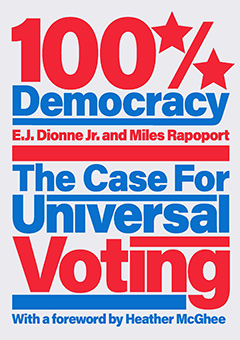
100% Democracy: The Case for Universal Voting
By E.J. Dionne Jr. and Miles Rapoport, with a foreword by Heather McGhee
What if everyone voted? What would 100 percent participation mean for our democracy? Washington Post columnist E.J. Dionne Jr. and former Connecticut Secretary of the State Miles Rapoport make the case for universal civic duty voting in the U.S., looking at Australia and twenty-five other countries from around the world as examples. —Derek W.

Road to Nowhere: What Silicon Valley Gets Wrong About the Future of Transportation
By Paris Marx
An eye-opening look at the problematic approach tech companies have to transportation, from ride-sharing services and electric cars to autonomous vehicles and underground tunnels. Marx, the host of the critical technology podcast Tech Won’t Save Us, wraps up with a chapter advocating for an approach to mobility that provides for the needs of all people and uses technology to empower rather than replace workers. —Emily A.
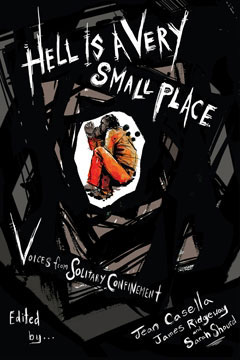
Hell Is a Very Small Place: Voices from Solitary Confinement
Edited by Jean Casella, James Ridgeway, and Sarah Shourd
This was one of those books that I picked up because of the cover. Hell Is a Very Small Place compiles firsthand accounts from prisoners who’ve endured or are still enduring solitary confinement. These stories show how barbaric and inhumane this practice is on the individual and their mental well-being. The silver lining of this book is hearing the strength that people can find in the darkest of places. If you aren’t familiar with solitary confinement and its effects I highly recommend you pick this book up! —Eranga F.
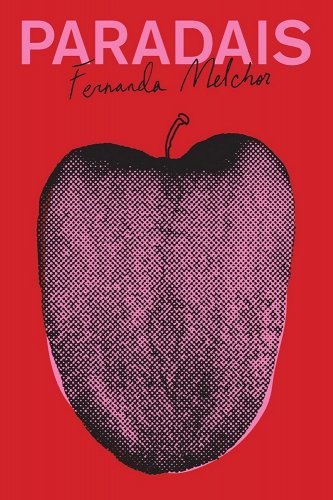
Paradais
By Fernanda Melchor, translated by Sophie Hughes
This astonishing little novel explores gender, violence, consumption, and the moral rot at the heart of all wealth at the dizzying pace of a rant. Fernanda Melchor’s winding sentences take a garish luxury development in the Mexican state of Veracruz as a crucible of class antagonism refracted through the virulent misogyny of two teenage boys—one a gardener, the other a resident. Despite its relentlessly unsettling subject matter, you’ll read this book in a single sitting and might just realize that it doubles as some of the year’s most extraordinary nature writing. —Ishan D.
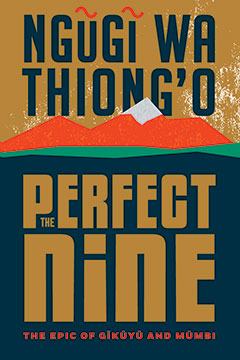
The Perfect Nine: The Epic of Gĩkũyũ and Mũmbi
By Ngũgĩ wa Thiong’o, translated from the Gĩkũyũ original by the author
Ngũgĩ wa Thiong’o’s first foray into epic poetry is a retelling of the origin story of the Gĩkũyũ people of Kenya—from a feminist perspective. Full of gorgeous descriptions of the lands of the Gĩkũyũ, breathtaking adventures, strong family bonds, and even a few ogres (!), this striking little hardcover will be a great beach companion. —Emily A.
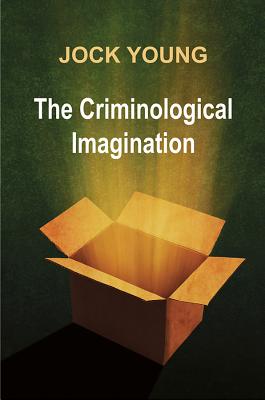
The Criminological Imagination
By Jock Young
Ten years ago I was lucky enough to take a course taught by Jock Young. This book had a profound impact on my understanding of what types of academic papers were being accepted and published in the fields of sociology and criminology. Jock essentially critiques how academia has become over reliant on positivism and quantitative results. He argues that sociologists and criminologists must become more creative in their methodology when “measuring” crime and not rely just on data and surveys to strengthen their arguments. —Eranga F.
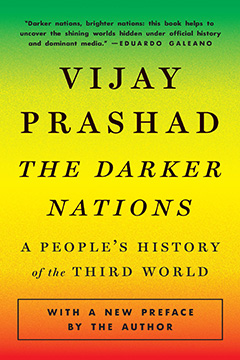
The Darker Nations: A People's History of the Third World
By Vijay Prashad
Like any good beach read, Vijay Prashad’s The Darker Nations transports its reader. Through incisive historical analysis that takes us from the colonial metropoles of Europe to the groundbreaking Bandung Conference in Indonesia, Prashad traces the advent of “the Third World” not as a place, but as a grand political project premised on solidarity between the peoples of the Global South and a shared rejection of colonial rule. Better yet, The Darker Nations—forthcoming from The New Press in a special fifteenth anniversary edition—reminds us that another world is possible and worth fighting for. —Ishan D.
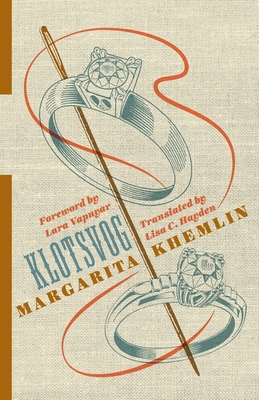
Klotsvog
By Margarita Khemlin, translated by Lisa C. Hayden, with a foreword by Lara Vapnyar
A novel about being Jewish in the Soviet Union, the historical trauma of World War II, and the devastating effects of antisemitism. Khemlin’s protagonist, Maya Abromovna Klotsvog, is entrancing, disturbing, funny, horrifying, and haunting. I first read Klotsvog in 2019 but thought a lot about it this spring while reading and working on I’d Like to Say Sorry, but There’s No One to Say Sorry To, Mikołaj Grynberg’s darkly funny collection of stories, translated by Sean Gasper Bye, about the Jewish experience in contemporary Poland. —Derek W.
